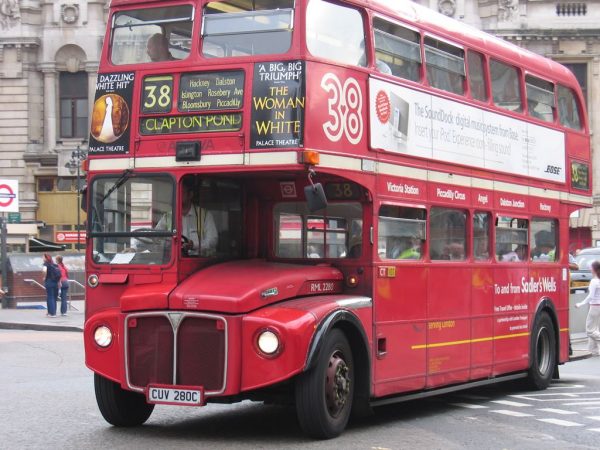A vehicle fleet is every type of vehicle that a company uses for its operations. It includes any cars, SUVs, vans, pickup trucks, motorbikes, lorries, buses, coaches, forklift trucks, loaders, bulldozers, farm and agricultural vehicles, trailers, towable generators, aircraft, boats and (sometimes) bicycles. Anything that can be driven on or pulled on the road is considered part of the vehicle fleet. The vehicle fleet can be owned outright, leased or rented.
There are two terms which have slightly different implied meanings, but with a lot of crossover:
Company vehicle tends to mean a car or van that is supplied by the company for use by an employee. The employee can usually take the vehicle home and use it privately. The company pays a fringe benefits tax for its use, and it may be supplied under a novated lease or as part of a remuneration package.
Fleet vehicle tends to mean any vehicle provided for business use but not necessarily personal use. The most famous fleet vehicles are London buses.

London’s red buses are distinctive and recognised world-wide as one of the most famous fleet vehicles
Pool vehicles
Companies don’t always provide a vehicle for every staff member, but might make one available to travel on work business. These are called pool vehicles and can be booked by authorised staff members. Pool vehicles are usually kept at the company’s premises; employees arrive by their own means and are not allowed to take them home unless in very specific circumstances.
Advantages of pool vehicles
Pool vehicles are especially useful:
- where a business is located in an area where it’s harder to get taxis,
- where the company employees have to take long journeys to visit clients
- when a vehicle might need special requirements such as equipment in the vehicle
- when a company doesn’t want the hassle of calculating fringe benefits tax
- when a company is growing and can’t afford to provide dedicated vehicles for its staff
- if a company wants to reduce its vehicle insurance liability
- if a company wants to reduce its fuel expenditure.
As pool vehicles can be branded, it looks more professional for clients when employees arrive in one rather than an unbranded vehicle or a taxi.
Maintaining and managing company and fleet vehicles
Vehicles need to be managed for a number of reasons including:
- Licensing and registration
- MoT
- Servicing
- Maintenance
- Driver permissions
- Finance or lease payments
Under health and safety regulations, companies must ensure that their vehicles are fit for purpose and safe to use, and that anyone who drives them has the correct type of licence and is allowed to drive. Companies with large numbers of vehicles will employ a transport or fleet manager.
Livery
Company and fleet vehicles are frequently signwritten to give branding exposure to the company and to encourage the driver to drive more sensibly as they are an ambassador for the company.

Graphics on fleet vehicles can be small and subtle, or large full-vehicle wraps
